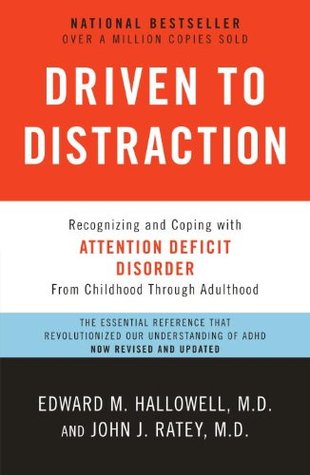More on this book
Community
Kindle Notes & Highlights
Read between
September 1 - November 5, 2020
ADD is more impairing than any syndrome in all mental health that is treated on an outpatient basis. More impairing than anxiety, more impairing than depression, more impairing than substance abuse.
In fact, many people who have ADD are very smart. It’s just that their smartness gets tangled up inside. Undoing the tangle to get a smooth run on the line can take more patience and perseverance than they can consistently bring to bear.
And this is the case with so many people who have ADD. They are very likable, although they get into the most difficult of patches. They can be exasperating in the extreme—one mother called me about her son, who had ADD and had just inadvertently almost set fire to his school, and asked me if she could run over him in her truck—but they can also be unusually empathic, intuitive, and compassionate, as if in that tangled brain circuitry there is a special capacity to see into people and situations.
Due to repeated failures, misunderstandings, mislabelings, and all manner of other emotional mishaps, children with ADD usually develop problems with their self-image and self-esteem.
The secondary symptoms, and the ones that are most difficult to treat, are the symptoms that develop in the wake of the primary syndrome not being recognized: low self-esteem, depression, boredom and frustration with school, fear of learning new things, impaired peer relations,


